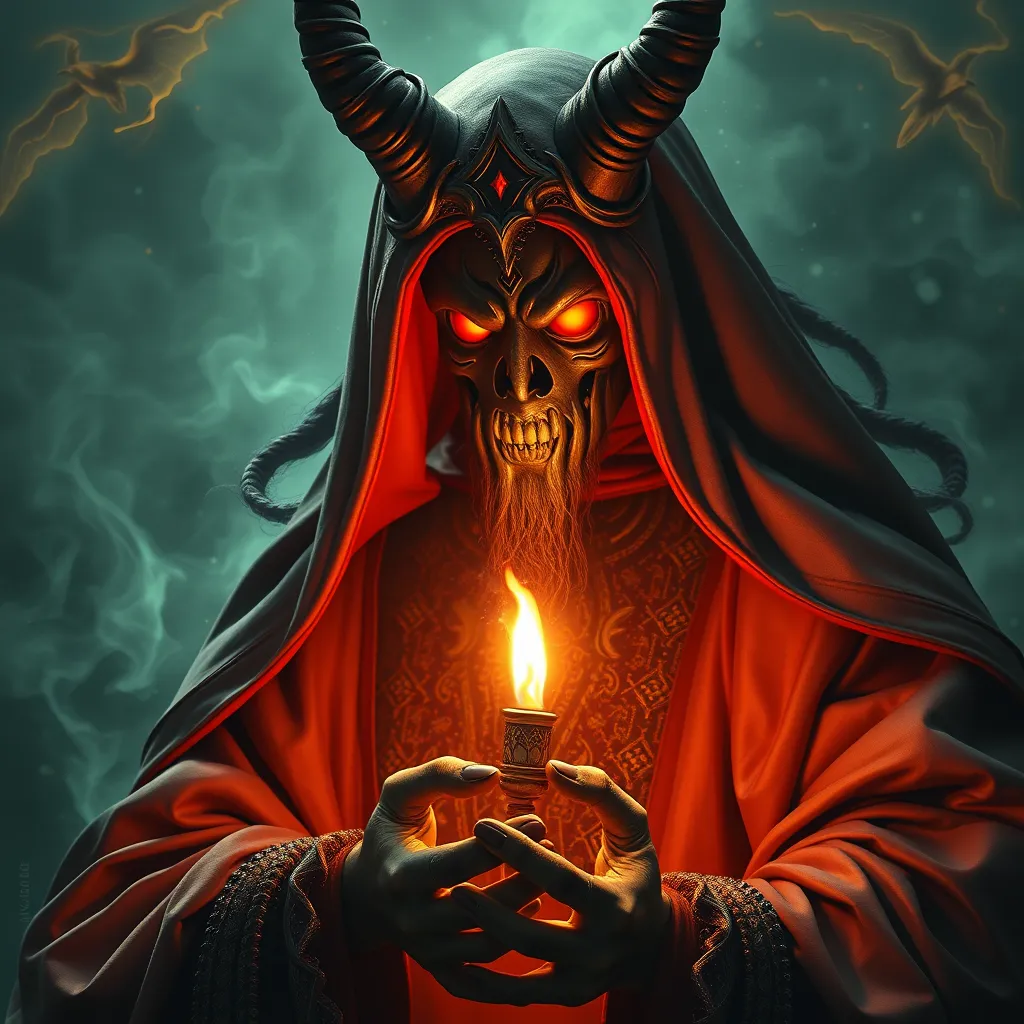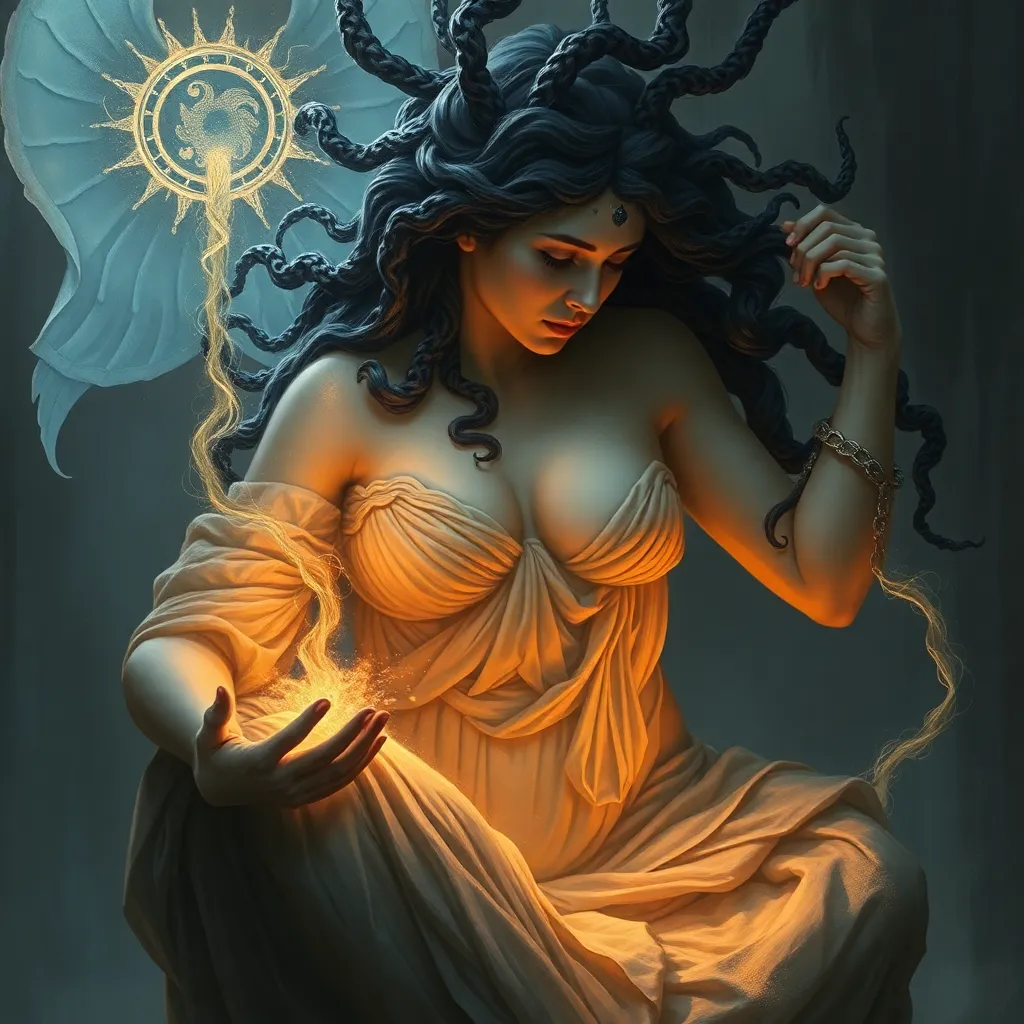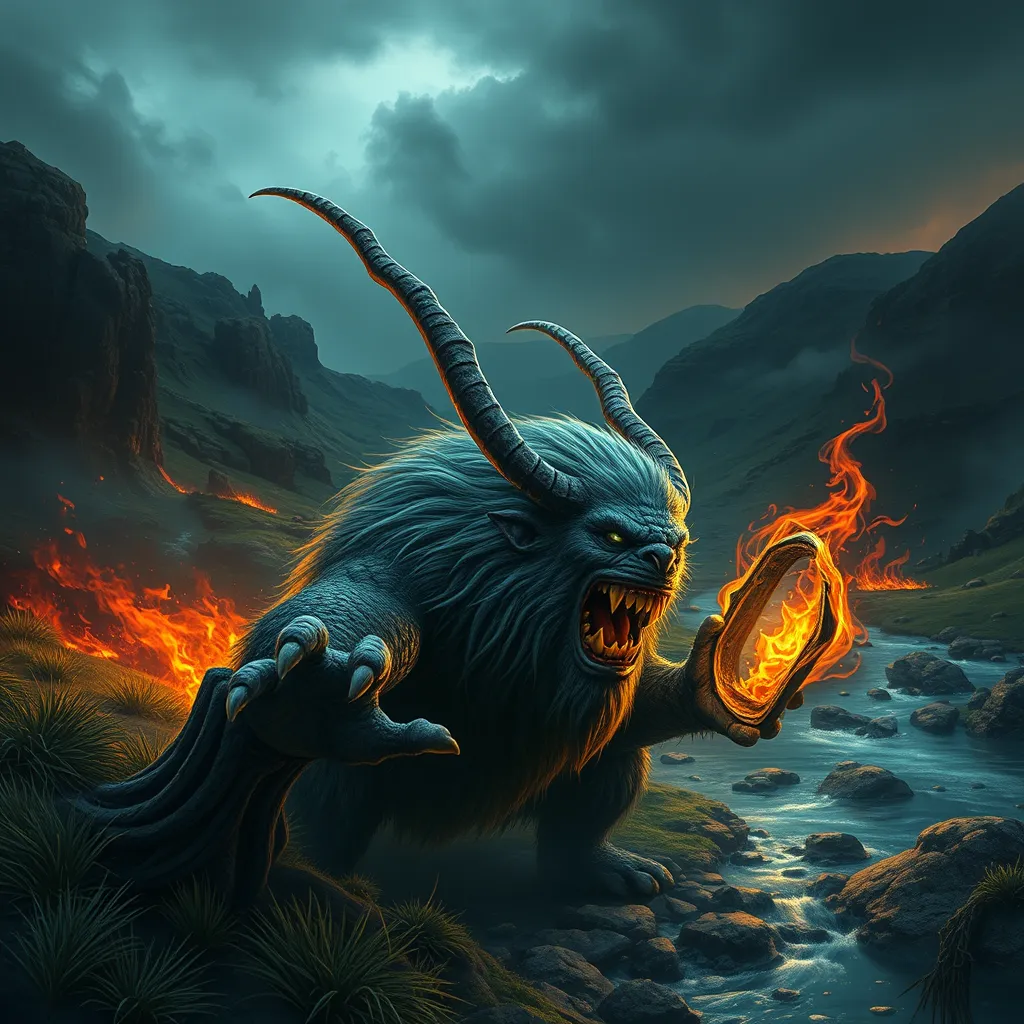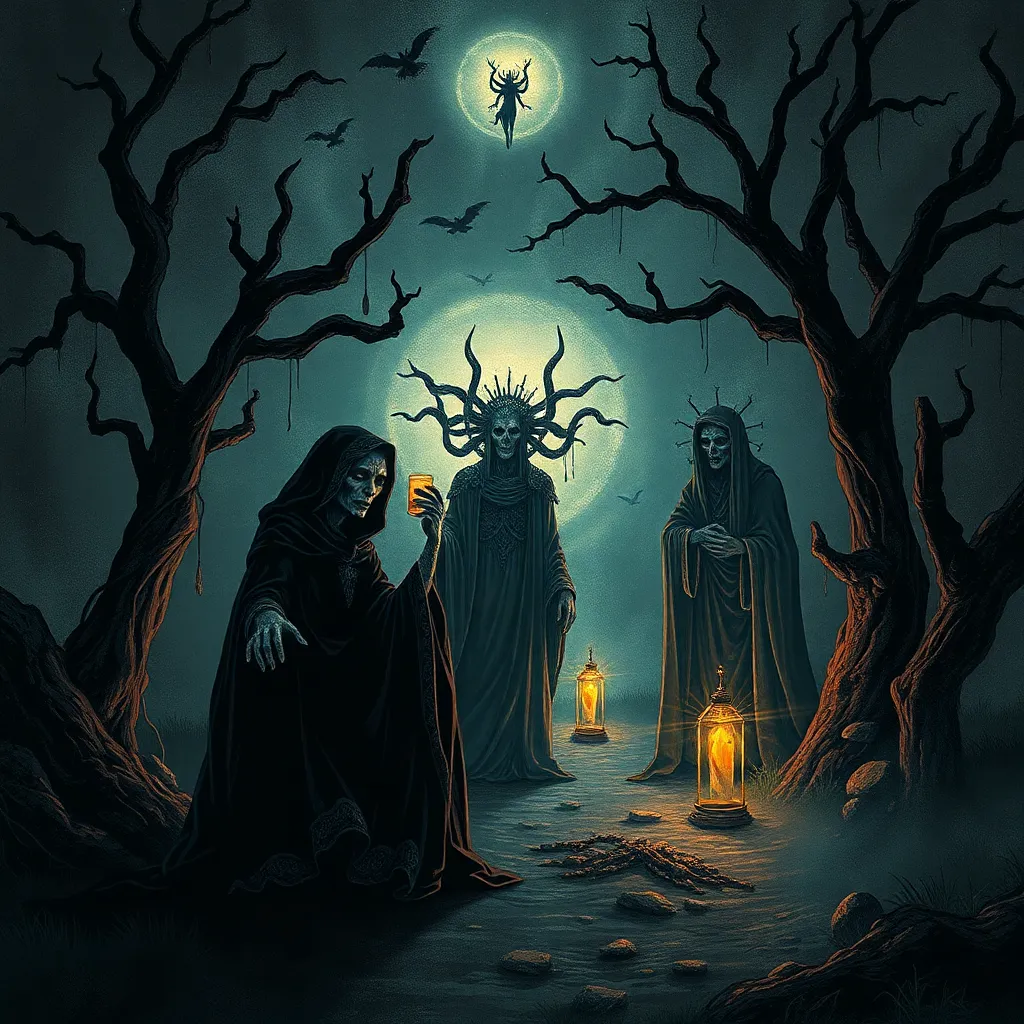Jinn and the Occult: Exploring the Rituals and Practices of Jinn Communication
I. Introduction
Jinn, also spelled as ‘djinn’, are supernatural beings mentioned in Islamic theology and Arab folklore. They are often depicted as entities that exist in a parallel world to humans, possessing free will and the ability to interact with our realm. In the cultural context, jinn are frequently associated with various supernatural phenomena, including possession and magic.
The occult refers to practices and beliefs related to the supernatural that are often hidden or secretive. The connection between the occult and jinn is profound, as many rituals aimed at communication with these beings fall under the umbrella of occult practices. This article aims to explore the historical context, nature, rituals, and modern perspectives surrounding jinn and their connection to the occult.
II. Historical Context of Jinn Beliefs
A. Origins of jinn in pre-Islamic Arabian culture
In pre-Islamic Arabian culture, jinn were believed to inhabit desolate places such as deserts and ruins. They were thought to be spirits of nature, capable of both good and evil. The term ‘jinn’ itself is derived from the Arabic root ‘j-n-n’, which means to hide or conceal, reflecting their elusive nature.
B. Evolution of jinn beliefs in Islamic tradition
With the advent of Islam in the 7th century, jinn were integrated into Islamic theology as beings created from smokeless fire, distinct from angels and humans. The Quran includes several references to jinn, emphasizing their role as accountable beings who can choose to believe in God or rebel against Him.
C. Cross-cultural perceptions of jinn in different societies
Across various cultures, jinn have been perceived in numerous ways. In South Asian cultures, for instance, jinn are often depicted in folklore as tricksters or spirits that can grant wishes. In contrast, Western interpretations tend to focus on the malevolent aspects of jinn, often associating them with demons and dark magic.
III. Understanding Jinn: Nature and Types
A. Description of jinn and their characteristics
Jinn are considered to be shapeshifters, capable of assuming various forms, including that of animals or humans. They possess intelligence, emotions, and the ability to interact with the physical world, although they remain largely invisible to humans.
B. Different types of jinn and their roles
- Benevolent jinn: These jinn are believed to assist humans and may serve as guardians or protectors.
- Malevolent jinn: Often associated with mischief and harm, these jinn can possess individuals or cause psychological distress.
- Neutral jinn: These entities may not have a clear intent to help or harm and simply exist alongside humans.
C. The concept of jinn possession and influence
Possession by jinn is a prevalent belief in many cultures, leading to various psychological and physical symptoms. Some individuals may exhibit changes in behavior or personality, which are attributed to jinn influence. This phenomenon often requires specific rituals or exorcisms to address.
IV. Rituals for Jinn Communication
A. Traditional practices for summoning jinn
Throughout history, various rituals have been developed to summon jinn. These practices vary widely by culture and often include the use of specific incantations, offerings, and ceremonies aimed at attracting the attention of jinn.
B. Common rituals and their cultural significance
Rituals may include:
- Performing specific prayers or recitations from the Quran.
- Creating sacred spaces or altars dedicated to jinn.
- Offering food or gifts to appease the jinn.
C. Tools and mediums used in jinn communication
Practitioners often utilize various tools to facilitate communication with jinn, including:
- Talismans: Objects believed to hold protective qualities or to attract jinn.
- Incantations: Specific phrases or prayers designed to invoke or summon jinn.
- Divination tools: Methods such as crystal gazing or tarot readings that may be used to interpret jinn messages.
V. The Role of the Occult in Jinn Practices
A. Definition of the occult and its relevance to jinn
The occult encompasses a wide range of practices, including magic, alchemy, astrology, and divination. These practices often intersect with jinn communication, as many rituals are rooted in esoteric knowledge and traditions.
B. Intersection of magic, mysticism, and jinn communication
Many practitioners believe that magic is a means of interacting with jinn. Mystical traditions often emphasize the importance of intention and focus when attempting to summon or communicate with these entities. This has led to a rich tapestry of beliefs and practices surrounding jinn in occult traditions.
C. Ethical implications of engaging with the occult
The ethical considerations surrounding jinn communication are significant. Engaging with the occult can lead to unintended consequences, including potential harm to oneself or others. It is crucial for practitioners to approach these practices with respect and caution.
VI. Personal Accounts and Anecdotes
A. Case studies of individuals who have communicated with jinn
Many individuals have reported experiences of communicating with jinn, often accompanied by intense emotional and psychological reactions. These accounts vary widely, with some describing positive interactions and others recounting frightening encounters.
B. Analysis of experiences and outcomes
Analysis of these personal accounts reveals common themes, such as:
- Feelings of empowerment or fear.
- Physical sensations during communication.
- Changes in personal beliefs and worldview.
C. The psychological impact of jinn encounters
The psychological ramifications of encountering jinn can be profound, leading to shifts in mental health, belief systems, and personal relationships. Some individuals may experience anxiety or paranoia, while others may find a sense of purpose through their experiences.
VII. Modern Perspectives on Jinn and Occult Practices
A. Contemporary interpretations of jinn in popular culture
In recent years, jinn have gained popularity in films, literature, and television shows, often portrayed as both mystical and terrifying entities. This has contributed to a renewed interest in jinn and their cultural significance.
B. The resurgence of interest in occult practices in modern society
The modern era has seen a revival of interest in occult practices, with many individuals seeking to explore spirituality and the supernatural. This trend has led to a blending of traditional jinn beliefs with contemporary spiritual practices.
C. Skepticism and scientific viewpoints on jinn phenomena
Despite the fascination with jinn, skepticism remains prevalent. Many scientists and psychologists attribute jinn encounters to psychological phenomena, cultural beliefs, and the power of suggestion rather than actual supernatural interactions.
VIII. Conclusion
In conclusion, the exploration of jinn and the occult reveals a complex web of beliefs, rituals, and cultural significance. Understanding these entities and their associated practices can provide valuable insights into human spirituality and psychology.
As interest in the occult continues to grow, it is essential to approach these subjects with an open mind and a critical perspective. Further research and exploration in this field are encouraged, as they can enrich our understanding of both jinn and the broader context of the supernatural.



